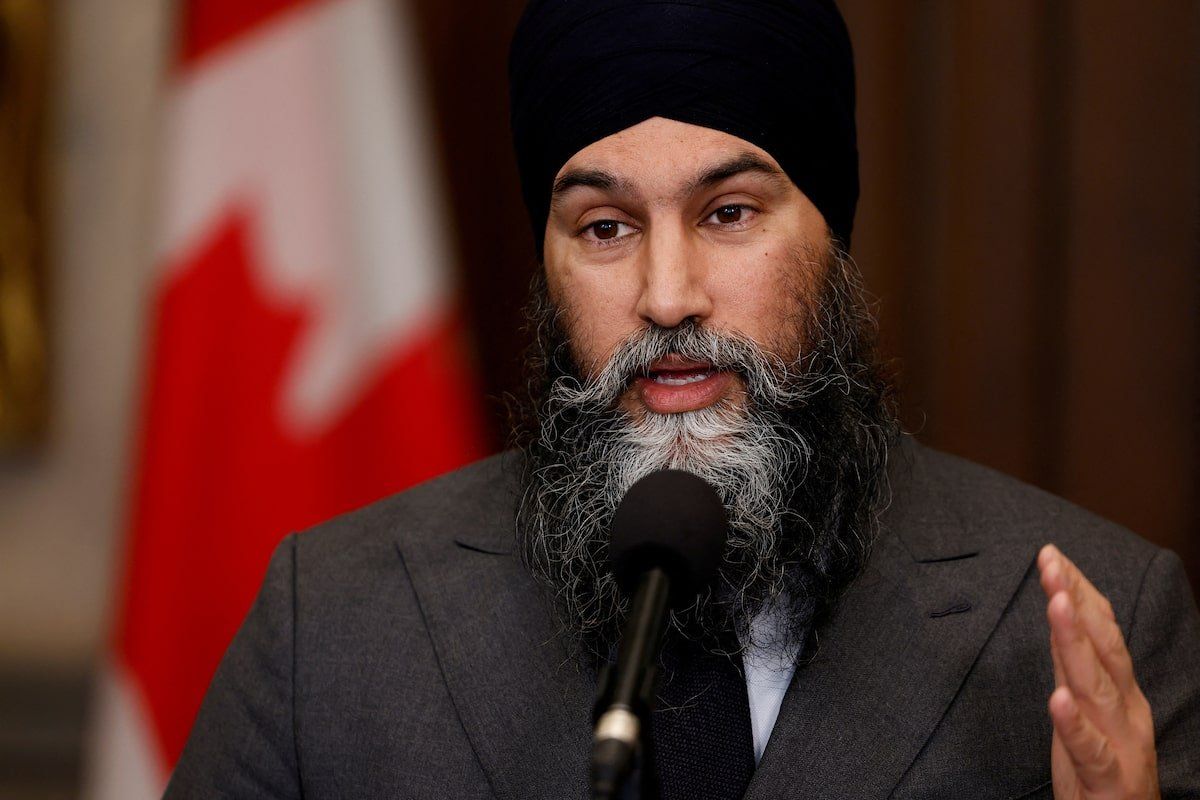A lingering foreign interference affair in Canada has the country asking who’s on who’s side – and when they’ll find out. A recent, heavily redacted report by the National Security and Intelligence Committee of Parliamentarians alleged that some unnamed federal politicians have been “semi-witting or witting” accomplices in foreign efforts to shape Canadian politics.
The unnamed bit has politicians scrambling and Canadians guessing as to who’s done what. Those in the know are withholding the names, citing a lack of sufficient evidence for making public accusations – and leaving it up to law enforcement to decide. New Democratic Party leader Jagmeet Singh says he’s confident his party and its members are clean, even though the report alarmed him. Singh went so far as to claim the report reveals some members of Parliament are “traitors.” But Prime Minister Justin Trudeau said leaders ought to be “wary” of any such claim.
A separate, ongoing foreign interference commission, led by Justice Marie-Josée Hogue, has decided to take up the issue and will investigate – a move Trudeau welcomed. The inquiry’s report is due by Dec. 31, 2024, and may involve a deeper investigation into the matter, adding evidence and context. But it may also choose to withhold names. According to the commission, it has a duty “to respect the principles of procedural fairness and the fundamental rights of any person affected by its work, in compliance with the rule of law.”
Now, amid opposition claims that Trudeau is going light on foreign meddling, the questions turn to whether party leaders will deal with potential threats within their caucuses and whether Canadians will learn the names of those involved, which for now seems unlikely.
The upcoming 2025 election further complicates matters as parties try to distance themselves from the “traitor” label and, presumably, prefer that foreign countries don’t influence the outcome of Canada’s vote. But the wheels are turning slowly, testing the limits of a country that’s used to government opacity.
